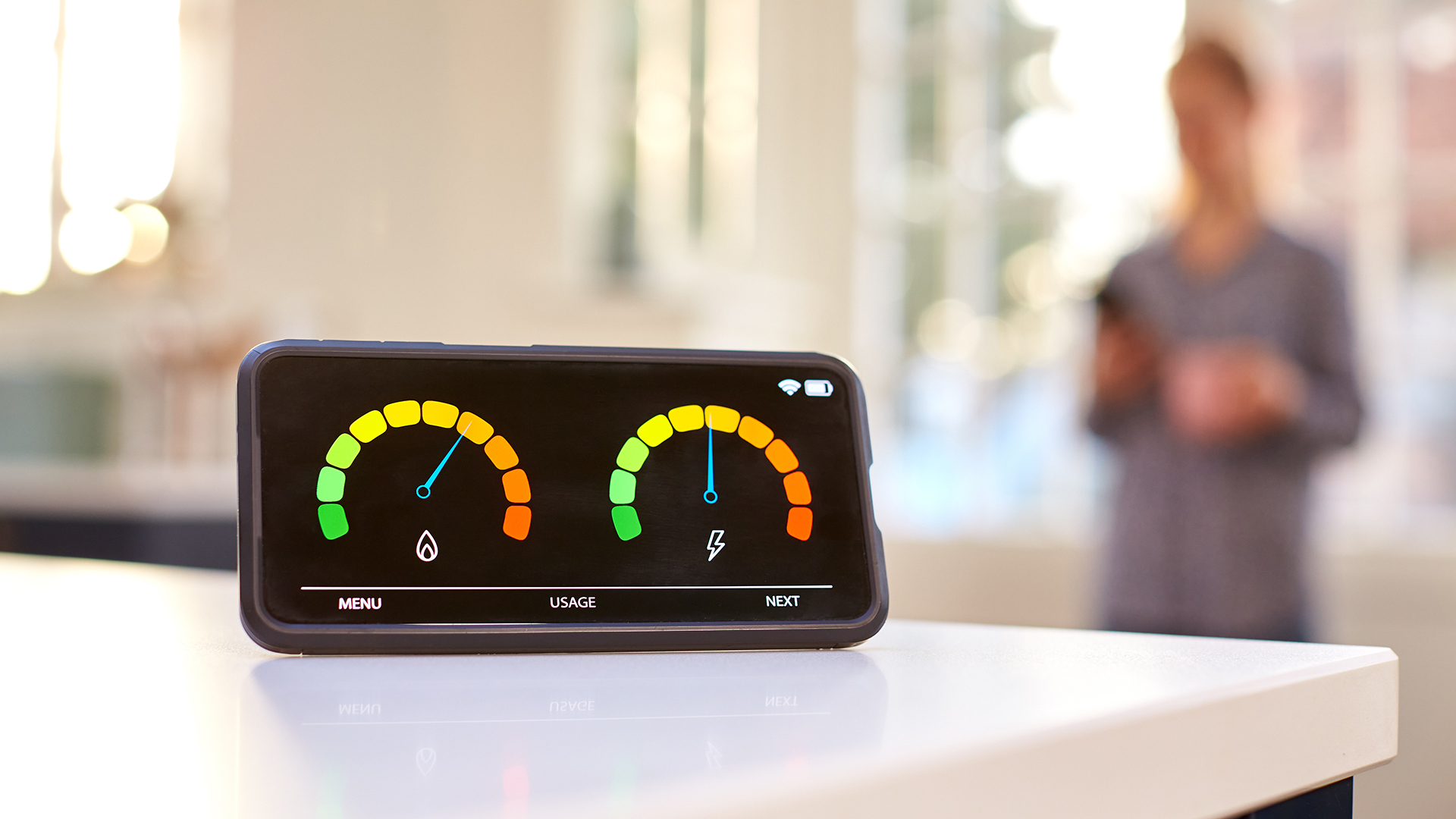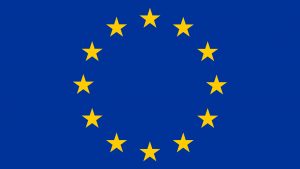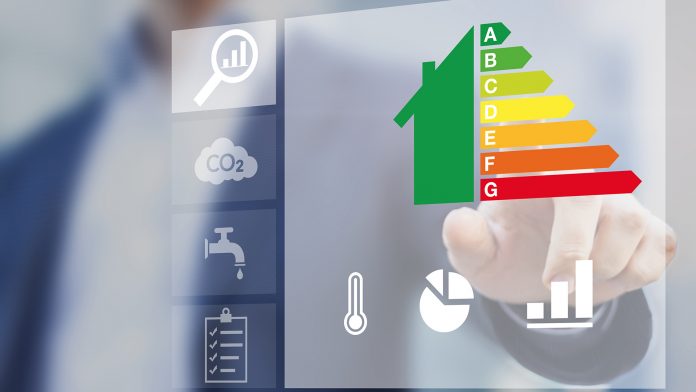Tiziana Toto and Mariano Votta of Cittadinanzattiva discuss EU policy recommendations emerging from the results of the NUDGE project to optimise energy consumption behaviours.
The promotion of new energy consumption behaviour is an obstacle course whose outcome is never a foregone conclusion: even when the strategies adopted succeed in changing a person’s attitude on a certain issue, this change is not always matched by the adoption of new behaviour.
Furthermore, even if a strategy is successful in promoting sustainable behaviour in one group of people, it is not certain that the same strategy can be generalised to other groups of people or that it will be effective in the long term.
Although the experiments of the NUDGE project, through the pilots carried out in the five countries indicated, for the reasons already described, that they do not provide certain indications regarding the effects of the nudges used in terms of a substantial change in energy consumption behaviour.
We feel we must reiterate the importance of continuing to support and implement actions and projects that go markedly in this direction, taking into consideration the criticalities that emerged both from the survey and from the pilots.
The following policy recommendations are developed from the perspective of the consumer, complementing the recommendations produced by the NUDGE project that were presented during its final event, held in Brussels on November 6, 2023.1
Lack of adequate environmental awareness and low awareness of the impact that one’s energy consumption can have on the environment
Environmental issues are often part of highly complex systems, characterised by slow and gradual phenomena that are difficult to perceive in everyday life.
This leads people to see them as not very ‘real’ problems, hindering the process of internalising a true awareness of one’s own environmental impact.
This phenomenon is even more evident when it comes to energy: the extent of our daily energy consumption is mostly invisible both to us and to the people around us, and the environmental impact of our behaviour is hardly perceived.
This applies to consumers belonging to the classes identified by the survey as concerned but unaware consumers, materialistic energy consumers and indifferent energy consumers.
The recommendation to the European institutions and those of the Member States is to continue investing in information and awareness-raising activities on the issues as a fundamental prerequisite for the acquisition of greater awareness of environmental issues among citizens.
It will be important to act in coordination between the European and national levels with the participation and involvement of associations representing citizens – including consumer associations, environmental associations, etc. – to make the action itself more widespread and effective.
Lack of specific knowledge on the particular topic
In our opinion, drawing on the experience of the Belgian pilot regarding the direct relationship between increased knowledge in the energy field and the adoption of new behaviours, it is certainly from an initial awareness of this issue that the next steps can take place.
Once new information and knowledge about a behaviour has been provided, it is repositioned in the set of values, beliefs and attitudes that represent the basic structure of our acting in the world.
Therefore, it becomes crucial to structurally provide training initiatives within school courses for a better understanding of energy consumption issues.
Investing in children will make them ‘ambassadors’ of issues and behaviours to be adopted not only by their families but also, and mainly, by the communities they are part of, through so-called’ peer education’, which is very effective in transferring knowledge and skills (and thus behaviours) among children.
Lack of perception regarding the ability to make a difference through their specific behaviour
Implementing an intervention strategy based on increasing knowledge about effects means providing information about the impact that a specific behaviour can have on the surrounding reality.
An example of information aimed at increasing knowledge about effects could be: “If you lower the temperature of the thermostat by two degrees, you can save 15%.”
Increasing knowledge about the potentially positive effects of one’s energy consumption can be a relevant strategy to increase the sense of personal efficacy of those you want to intervene.
The recommendation for regulators and energy suppliers is to promote the dissemination of information on how to use the tools available to everyone to monitor their consumption (e.g. simplifying bills, implementing smart meters and setting up other devices that can provide data on energy consumption and related expenditure in real-time).

Energy consumption profiles are different and require specific approaches depending on the type of consumer
Barriers to the adoption of sustainable behaviour may arise from the coexistence of conflicting motivations in the individual, with non-environmental motivations taking over at the action stage.
For example, with respect to the possible behaviour to lower or not to lower the temperature of one’s home during the winter month’, one might find that no matter how motivated a person is to adopt a sustainable lifestyle, they might be inclined not to lower the temperature of their home in the winter because their contextual motivation to promote their personal comfort is more intense.
As effective as the adoption of multiple intervention strategies can be in changing a person’s value structure and in promoting the intention to implement energy-saving behaviour, it is necessary to support their motivation also in the actual action phase in order to prevent contextual motivations from prevailing.
The recommendation for energy service providers is to consider a prior consultation process to explore users’ knowledge gaps in order to facilitate the adoption of energy-saving behaviour.
In addition, training actions aimed at citizens, designed and managed with multi-stakeholder involvement on each territory, would be effective. This approach would be effective with ‘adult’ citizens.
On the other hand, in the case of young citizens, the structuring of educational pathways (as proposed above) from an early age would help reduce the gap between ‘intentions’ and ‘actual actions’ that currently occur among adults.
The power of prior habits
Habits predict future behaviour better than intentions because they are linked to unconscious maintenance mechanisms that are very difficult to intervene in. In fact, as reported in the document ‘Policy Brief how to nudge’, nudges are more effective when creating new behaviours than improving existing ones.
The recommendation in this regard is the valorisation of feedback: the behaviour can be followed up with feedback. They may vary according to timing, frequency and content. About timing, generally speaking, the shorter the time between action and feedback, the more effective the feedback is.
As far as frequency is concerned, the higher the frequency, the more effective the feedback. With regard to the content of the feedback, those specific to one’s own personal energy consumption pattern are more effective than feedback containing general information.
Those involving a comparison between one’s own performance and that of others would appear to be more effective than just individual data; those that focus only on information related to the economic benefit are ineffective and potentially counterproductive as the amounts related to energy savings are generally small and may lead people to think that they are not worth it.

Technological infrastructures available to citizens
As the experiences within the pilots show, participating households were equipped with applications, interfaces, devices, etc., to monitor their energy consumption. Citizens, equipped with the appropriate tools, were able to change their consumption habits consciously.
The recommendation is to ensure the accessibility of tools (such as smart meters and other equipment capable of reporting energy consumption in real-time) for everyone to ensure that conscious energy consumption behaviour is only available to those in the medium-high income groups and not to those who would need it the most to curb the economic outlay related to energy consumption (see energy poverty).
Data confidentiality
The survey ‘Profiling of energy consumers: psychological and contextual factors of energy behaviour’ reveals that the majority seems unwilling to share detailed energy data, i.e., on a daily to real-time basis.
Concerning this aspect, the recommendation is to provide consumers with adequate information and evidence on how their data are processed in accordance with the legislation in their respective countries and to protect their right to privacy.
The NUDGe project sheds light on the challenges of altering energy consumption behaviours and emphasises the complexity of achieving lasting change.
The recommendations underscore the need for continued investment in information and awareness campaigns, particularly focusing on education from an early age.
Coordination between European and national levels, involving various citizen associations, is deemed essential for widespread effectiveness.
Moreover, strategies tailored to diverse consumer profiles, the promotion of feedback mechanisms, ensuring accessibility of technological tools, and safeguarding data confidentiality are crucial considerations for policymakers, energy service providers, and regulators.
Addressing these challenges collectively is vital to fostering a sustainable shift in energy consumption behaviours across diverse populations.
The project “NUDging consumers towards enerGy Efficiency through behavioural science (NUDGE)” has received funding from the European Union’s Horizon 2020 research and innovation programme under Grant Agreement no. 957012. The sole responsibility for the content of this publication lies with the authors. It does not necessarily reflect the opinion of the European Union. Neither CINEA nor the European Commission are responsible for any use that may be made of the information contained therein.

This article is part of the exploitation activities carried out by Cittadinanzattiva/Active Citizenship Network in the context of the EU funded project “NUDging consumers towards enerGy Efficiency through behavioural science (NUDGE)” with the support of INNOVATION NEWS NETWORK.

References
- NUDGE project “Policy brief: Policy recommendations (focused on consumers and consumer associations)”. nudgeproject.eu/wp-content/uploads/2023/12/NUDGE-policy-brief-NUDging-consumers-towards-enerGy-Efficiency-through-behavioural-science.pdf . Cittadinanzattiva especially thanks Alessandro Mostaccio (President of Movimento Consumatori, EESC Member and Board Member of the European Consumer Union) and Anastasia Chatzipavlou (Director of EEKE-Union of Working Consumers of Greece, member and representative of the European Consumers’ Union) who have represented the consumer perspective – respectively – on the 2 days event “RE-energising Europe – Sharing ideas and knowledge, October 24 & 25, 2023, and on the occasion of the NUDGE final event, organised in Brussels on 6 November 2023 in cooperation with the Baden-Württemberg Delegation to the European Union. https://twitter.com/eeke_gr/status/1722194097358954897?s=20









